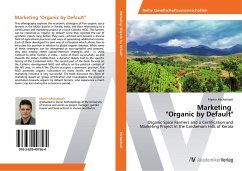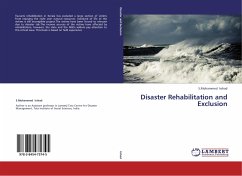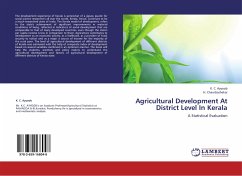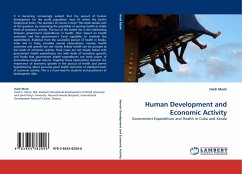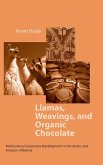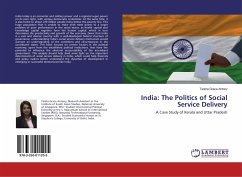This ethnography explores the economic strategies of five organic spice farmers in the Idukki district in Kerala, India, and their relationship to a certification and marketing project of a local Catholic NGO. The farmers can be classified as 'organic by default' since they rejected the use of synthetic inputs long before they were certified and present a diverse field of agricultural practices and ways of generating additional income. Each of them developed his own way of cultivation which allows him to articulate his position in relation to global organic debates. While some of these strategies can be interpreted as non-capitalist and 'peasant', they also employ rather capital-intensive strategies and - in sharp contrast to other farmers in India some of them successfully ascend towards the Indian middle-class, a dynamic deeply tied to the specific history of the Cardamom Hills. The second part of the book focuses on the Catholic development NGO and reflects on the political context of the hill area, in which the Church occupies a dominant position. The NGO promotes organic cultivation on many levels, and the spice marketing initiative is very successful. The book discusses this form of marketing based on group certification and investigates the project s orientation towards organic by default farmers, who experience a much lower crop loss during the conversion period.
Bitte wählen Sie Ihr Anliegen aus.
Rechnungen
Retourenschein anfordern
Bestellstatus
Storno

